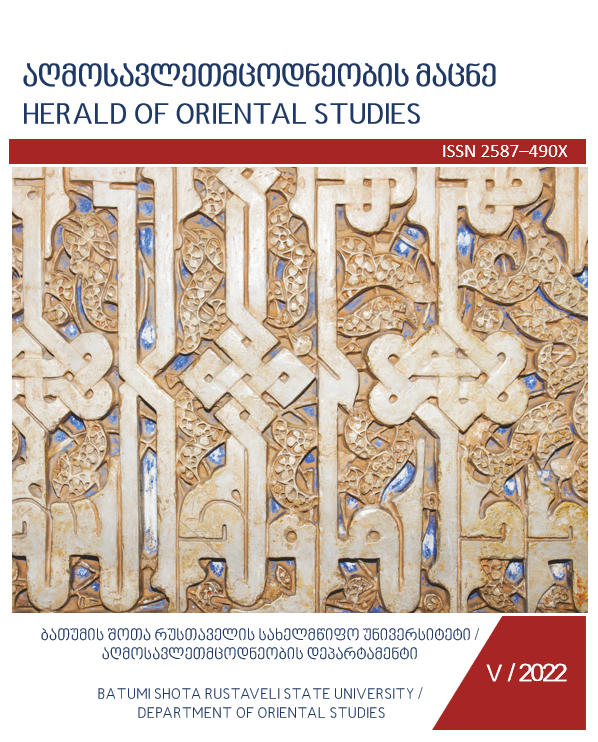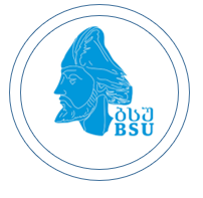With the Heads of an East - India Trading Company
DOI:
https://doi.org/10.61671/hos.5.2022.4070Keywords:
Action, Company, Protectionist, Expansion, Merchant-Adventurer, LevantAbstract
We aimed to learn from the economic history of England in the sixteenth and eighteenth centuries, the preconditions for the origin of the East India Company, one of the richest companies in England, its initial capital, profit and importance in the colonial expansion of England.
It turns out that the establishment of the East India Company in England was due to a number of factors: the development of the Maud industry, trade (from 1507 BC) the existence of the London MerchantAdventure Company (which was engaged only in continental trade), from which the company was separated into a rich , The development of capitalism, the relocation of sea lanes to the east, the search for the English Maud key and the bases of raw materials (silk, cotton). All of this contributed to the creation of the Joint Stock Company, which had a larger working capital, and brought greater profits to the country than the London Adventure Company.
This company was founded in 1600 during the reign of Queen Elizabeth I of England (1558-1603), who by charter gained monopoly rights in Asia, Africa, America and all the islands from the Cape of Good Hope to the Strait of Magellan. From the very beginning, this company engaged in non-equivalent, barter exchange of goods, thus making large profits, which covered the costs of customs duties and transportation of goods.
After the Industrial Revolution, metals were imported from England to the East Indies from the 18th century onwards, producing spices, cotton and silk raw materials, salt, tea, potassium nitrate, opium, and other commodities.
The East India Company was no longer limited to trading with India alone. It is also associated with Iran and Japan. The company's profits were so great that in the eighteenth century its capital reached 66 million.
Thus, the East India Company played an important role in finding key markets for English Maud, importing oriental raw silk, cotton, and increasing working capital obtained through Eastern products such as pepper, cloves, cinnamon, indigo, nutmeg, etc. In the creation of the empire, in the conquest of South and Southeast Asia.
Downloads
Downloads
Published
How to Cite
Issue
Section
License

This work is licensed under a Creative Commons Attribution-ShareAlike 4.0 International License.


































